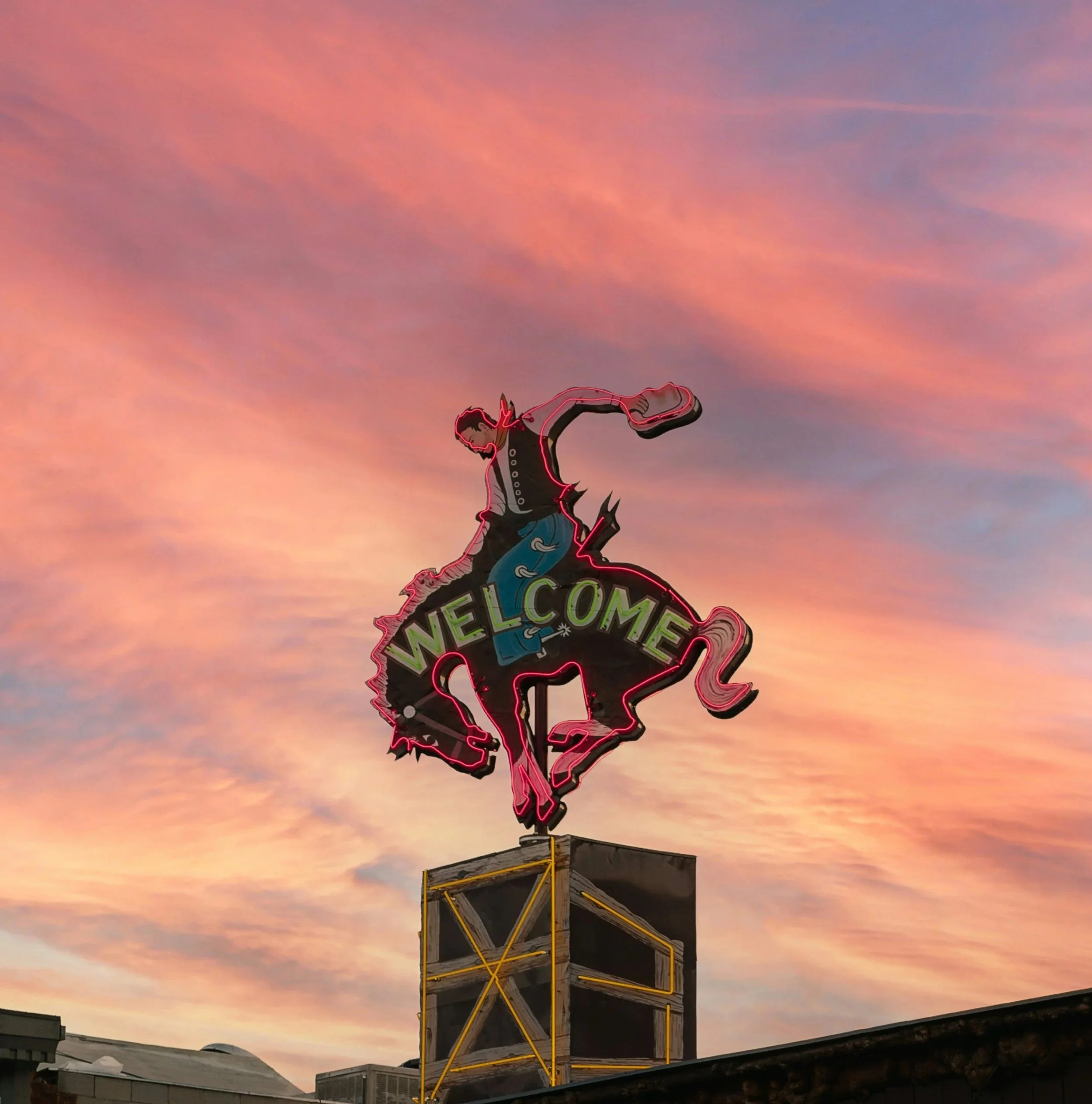To the Bong Who Took Us to the Zoo

You told us your name quickly, but we couldn’t hear you. We asked you to repeat yourself, but our American ears, even though both Leigh and I had lived in Phnom Penh for a year at this point, still had trouble mastering your name. We tried and were unable. Our tongues flopped in our mouth clumsily. So we called you “bong,” a Khmer term of respect, familiarity, and endearment, meaning something like “older brother.”
You played us Rihanna, assuming correctly that this would be what we wanted to hear as you drove us in your taxi to the outskirts of the city, to the Phnom Penh Zoo. Hiring you was a rare treat, a splurge in a private car, instead of the usual tuk-tuk, or motorcycle taxi. My friend Leigh and I, English teachers, savored this indulgence, a chance to see a different side of the city that had become our home. And so we barreled along in your car.
“Phnom Penh is built on people. Relationships, memory, loyalty—these are the currencies of Cambodia.”
“Turn up the music, bong!” we cried as Rihanna sang of “love in a hopeless place.” You told us you had never been to the Zoo. You were in your early twenties, as we were, too. You wore the unofficial uniform of service industry professionals: a sky blue button-down with black pants and sandals. We wore the unofficial uniform of expats on the weekends: loose cotton t-shirts, jean cut-offs, and flip-flops. We both were white American women, and you were a Cambodian man. And as we drove on and on, out and out, farther past the center of development, farther past the crumbling, overcrowded edges of this expansive yet suffocating city, we got to know you.
Phnom Penh is built on people. Relationships, memory, loyalty—these are the currencies of Cambodia. Most visitors to the Kingdom will come home and tell of “the people.” Living in Phnom Penh, especially as a barang, or expat/foreigner, became a daily maze of friendships, obligations, and favors. Sometimes I longed for that American, city-specific isolation, of being able to go into the world and not have to engage with anyone. But, of course, living abroad is challenge—and Cambodia’s people constantly forced me to live in the moment, to learn and appreciate those around me, to put value in others and in myself. To remember people’s names.
And yet, we couldn’t remember yours. Or, more like, we couldn’t say it right. It was something like “Pov.” The hours rolled on, and as we learned of our shared love for animals, we simply called you “bong.” As we approached the Zoo’s parking lot, you turned around and said, nearly angry, “Stop calling me ‘bong.’ I know your names, Leigh and Monica.” I sat in the car speechless, embarrassed. Leigh profusely apologized, her Southern-bred manners kicking in at the right moment.
I watched as your bright eyes took in the Zoo’s welcoming entrance, and I placed all my guilt at not knowing your name onto you. I placed all of my guilt, all my blooming social consciousness, all my self-examination about why I had decided to move to Cambodia in the first place, all my problematic actions, all my white American-ness, all my self-doubt, all onto you in this moment and I blurted out, “Will you join us at the Zoo, Pov?”
I held my breath, certain I’d just committed some kind of faux pas. At the very least, I knew I’d said your name wrong. But you smiled widely, white teeth pouring out from behind your golden cheeks. You sprang from the car, racing ahead of us to the Zoo’s entrance.
The Zoo was beautiful and fun and sad all in one breath, as I think zoos often are. Leigh had an acquaintance who worked in the bear sanctuary, where a sleuth of Cambodian Sun Bears had just been rescued. The three of us got close enough to touch these wondrous endangered creatures. But you didn’t care much about the bears. You wanted to see the tiger.
I have a photo of you staring at the big cat, the only one in the Zoo. You and the tiger locked eyes for a shockingly long time. You told us you had never seen a tiger in real life. The tiger grew bored of you and walked along the walls of its large caged area. You followed the tiger from a safe distance, holding your breath, never taking your brown eyes off the striped creature. Leigh and I laughed a little, ready to move on, to see other animals, and perhaps, at this point, to think about getting some noodles and beer. But you were mesmerized, still, by the tiger, and who were we to interrupt?
I felt so often during my time living in Cambodia that I was interrupting. That I was misunderstanding something. I wanted to ask you if you felt that way, or if it was just me and my awkward barang-ness. You were watching the tiger and I needed you to help me understand. Did I think coming to Cambodia would be an escape? Did I have notions of liberating myself, of liberating the “other?” But no one here allowed me to escape, not even you. I wanted to ask you why you learned my name when I didn’t try, at first, to learn yours. I wanted to ask you—what were you thinking when you looked at the tiger?
ABOUT THE AUTHOR
Monica Trausch is a New York City-based playwright and screenwriter. Her plays have been seen in New York, Los Angeles, Santa Barbara, and Asia. Monica received her MFA from The Writer's Foundry, where she studied with Leah Nanako Winkler. Find her on Instagram: @monicatrausch.
Header image by Kristen Sturdivant.
Author photo by Juliany Taveras.











